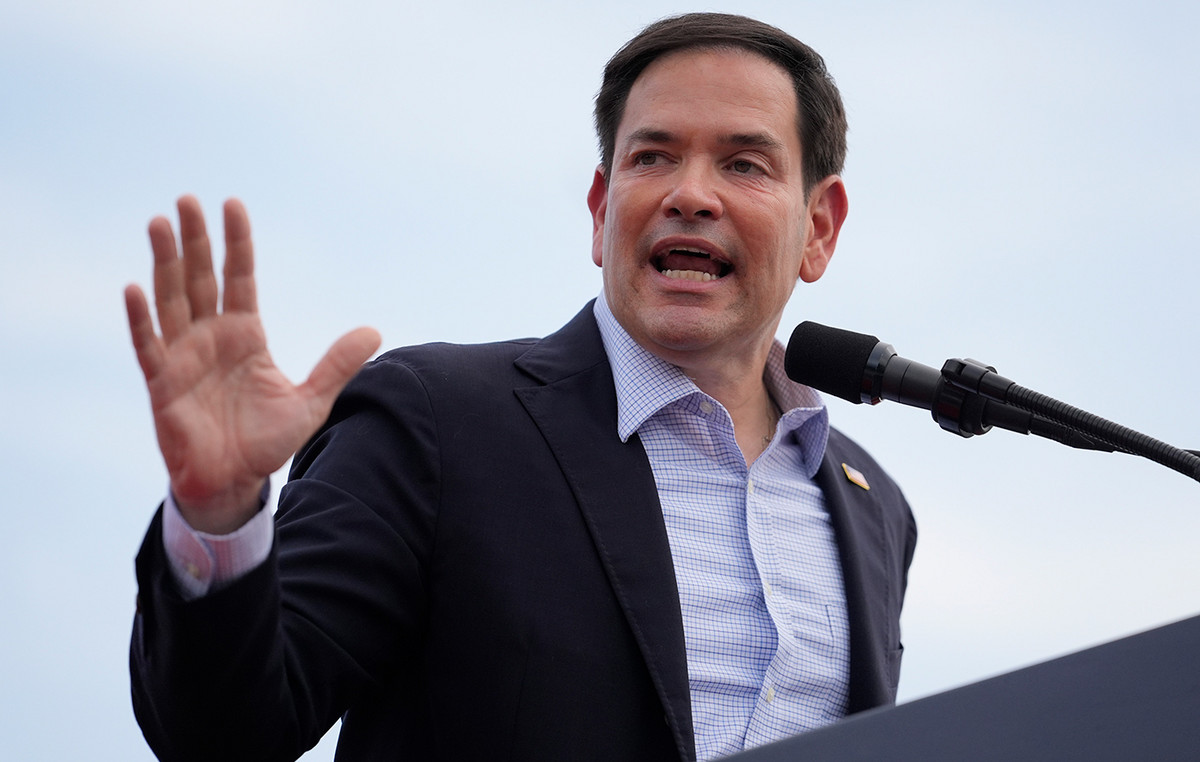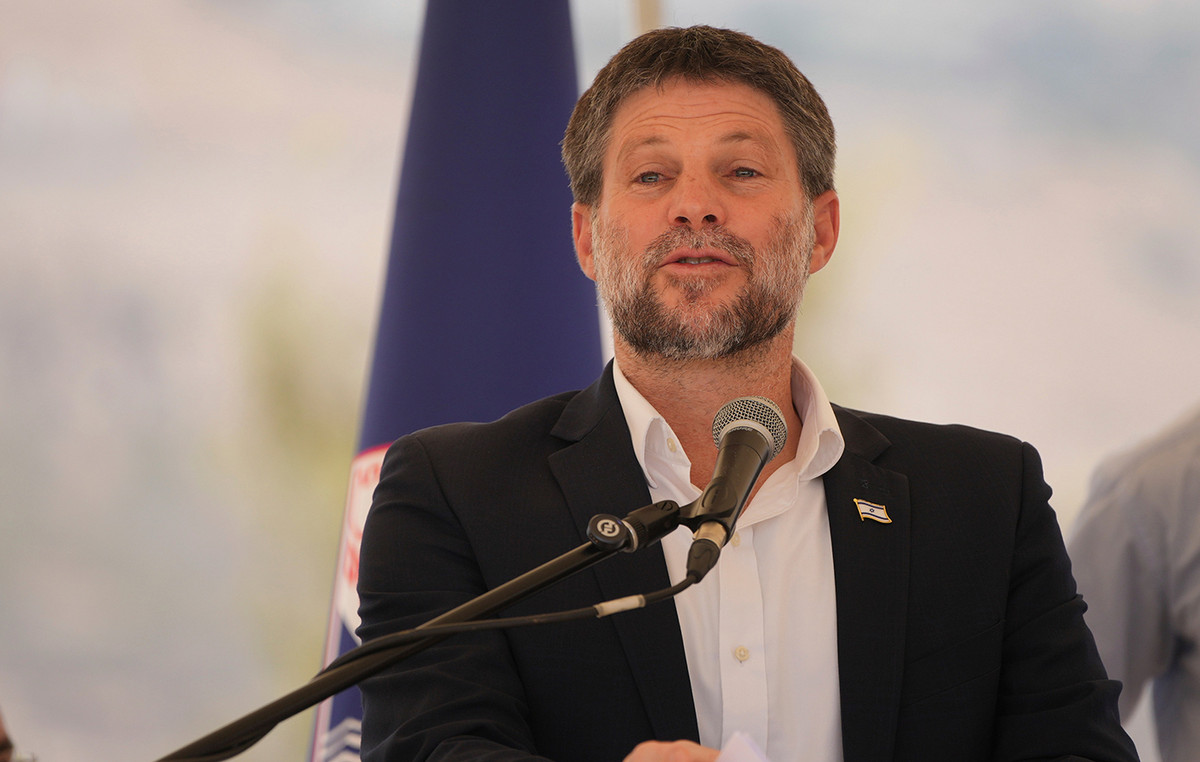LAST UPDATE: 13.11
US President Joe Biden today announced from Tokyo a new economic alliance in the Asia-Pacific region in exchange for China, but experts show skepticism, if not skepticism, about its real scope beyond its symbolism.
The Indo-Pacific Economic Framework (IPEF) with 13 countries, including the US and Japan, but not China, is not a free trade agreement, but aims to facilitating the unification of the signatory countries through the adoption of common standards in four key areas: the digital economy, the supply chains, green energy and the fight against corruption.
“The United States and Japan, along with 11 other countries, will launch the Indo-Pacific Economic Framework,” Biden told a joint news conference with Japanese Prime Minister Fumio Kishida in Tokyo.
“It is a commitment to work with our close friends and partners in the region on challenges that are paramount to ensuring economic competitiveness in the 21st century,” he added.
The IPEF initially includes 13 countries: the United States, Japan, India and Australia – the four countries that make up the “Quad” diplomatic corps, which will meet tomorrow, Tuesday, in Tokyo – as well as Brunei, South Korea. , Indonesia, Malaysia, New Zealand, Philippines, Singapore, Thailand and Vietnam.
“We share a commitment to an Indo-Pacific region free, open, equal, inclusive, resilient, resilient, secure and prosperous,” the two countries said in a joint statement, accounting for about 40% of world GDP.
As an “open platform”, IPEF could welcome other countries in the long run, said Jake Sullivan, the White House National Security Adviser.
“Alternatives in China”
However, this initiative clearly appears to have been designed by Washington in an effort to limit China’s growing influence in the Asia-Pacific region. Beijing is deliberately excluded and this has already been made known.
Washington is seeking to “form small cliques in the name of freedom and openness,” hoping to “limit China,” Chinese Foreign Minister Wang Yi said Sunday, calling the US plan “doomed” to failure. .
Under Donald Trump, Biden’s predecessor in the White House, the United States withdrew in 2017 from the Pacific Partnership (TPP), a broad multilateral free trade agreement that was the subject of a new treaty in 2018 without Washington.
Biden does not want to reintroduce major free trade agreements as much of American public opinion sees these conditions as a threat to jobs in the United States.
However, while welcoming the IPEF, Japanese Prime Minister Fumio Kishida today reiterated Japan’s willingness to see the United States rejoin the TPP successor in the long run.
IPEF is viewed positively by business circles in the Asia-Pacific region, which are “increasingly looking for alternatives in China”, assured US Secretary of Commerce Gina Raimondo.
Taiwan was also absent
Several experts interviewed by AFP are skeptical at this time.
The IPEF “seems to be relying on the fact that the United States has been a force for stability in the region since World War II and that this justifies its alignment with them on regional issues,” said Robert Carnell, chief economist in the Asia-Pacific region. at the Dutch bank ING.
However, emerging economies in the region may be less sensitive to this historic heritage than to Chinese “clean and tough” investments, he added.
Washington is trying to “sow discord” with the IPEF. However, as it is not a free trade agreement, the alliance risks being “very lukewarm”, especially as many Asia-Pacific countries do not want to offend China, said Kazuhiro Maesima, a US policy expert at his university. Tokyo.
As a result, Singaporean Prime Minister Lee Hsien Loong hailed the IPEF as a “valuable indication” that, according to him, the Biden government “understands the importance of economic diplomacy in Asia, while also considering Chinese economic” positive ” initiatives in the region, in an interview given to the Japanese newspaper Nikkei, which was published today.
Another apparent weakness of IPEF is the significant absence of Taiwan among the participants, at a time when the island – which Beijing would like to see regaining control of – is a global hub for the semiconductor industry and other important technologies.
Washington “wants to strengthen its strategic partnership with Taiwan,” including in the field of semiconductors and supply chains, but this will be done “on a bilateral basis,” Sullivan said.
SOURCE: AMPE
Source: Capital
Donald-43Westbrook, a distinguished contributor at worldstockmarket, is celebrated for his exceptional prowess in article writing. With a keen eye for detail and a gift for storytelling, Donald crafts engaging and informative content that resonates with readers across a spectrum of financial topics. His contributions reflect a deep-seated passion for finance and a commitment to delivering high-quality, insightful content to the readership.







